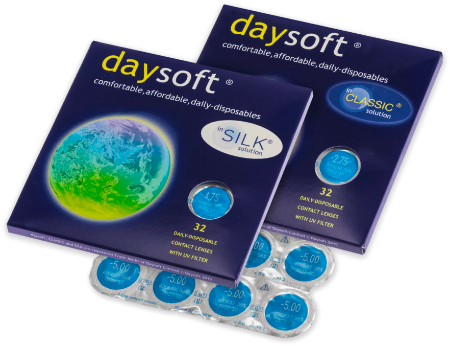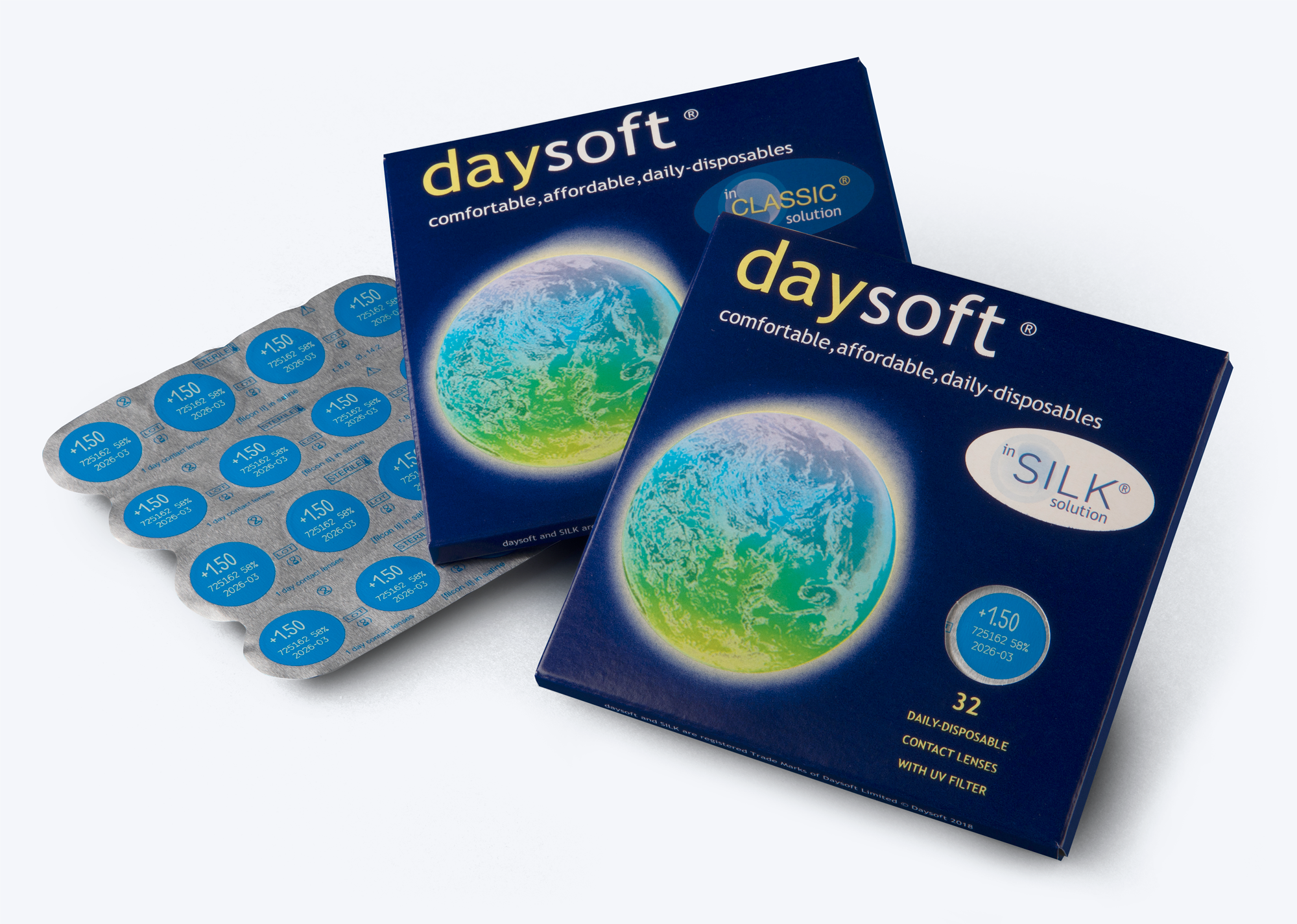Bonfire season is a time of festive gatherings, dazzling fireworks, and the warm glow of campfires. We remember the fifth of November to celebrate the failure of the Gunpowder Plot. Like the conspiracy itself, the evening is exciting in its unpredictability, as the festivities unfold under the cover of darkness and fiery spectacles reign supreme.
However, amid the revelry, accidents can happen. Worryingly, in the UK around 10 people lose their sight every year due to fireworks. In 2020/21, there were more than 100 hospital admissions of people injured by fireworks.
It’s crucial to prioritise your eye safety, especially if you’re a contact lens wearer. Here’s how to protect your eyes in bonfire season.

Is it safe to wear contact lenses near campfires?
If you wear contact lenses, we advise exercising caution when you’re near campfires or bonfires. Wearing contact lenses near a campfire can pose some potential risks, primarily due to the heat, smoke, and flying embers.
Here’s how to keep your eyes safe, hydrated and comfortable when wearing your contacts on Bonfire Night.
Stay upwind
Campfires can produce smoke, ash, sparks and embers, all of which can cause irritation to your eyes, especially if they are dry or sensitive. While wearing contact lenses doesn't necessarily increase this risk, they can exacerbate discomfort as they may trap smoke particles and irritants against your eyes.
If you plan to be around smoke or fire, position yourself upwind to avoid smoke blowing into your face, which can irritate your eyes. Consider wearing glasses instead of contact lenses.
Use eye drops
The heat from a campfire can make the air dry, which can lead to increased eye dryness. Contact lenses can contribute to dryness in some individuals, potentially making your eyes feel more uncomfortable.
If your eyes become dry or irritated due to smoke or heat, use lubricating eye drops to keep your eyes moist and comfortable.
Wear safety glasses or goggles
When enjoying Bonfire Night or being near campfires, it’s a good idea to wear safety glasses or goggles to shield your eyes from sparks and embers. These protective eyewear items are widely available and can significantly reduce the risk of eye injuries.
Know first aid for eye injuries
It's crucial to know what to do in case of an eye injury. Here are some basic first aid tips:
- Avoid rubbing the eye.
- Do not rinse the eye with water.
- Do not attempt to remove objects stuck in the eye.
- Cover the injured eye with a protective shield (for example, the bottom of a paper cup), and seek immediate medical attention.
How to protect your eyes around sparklers
Although we think of sparklers as rather sweet and innocuous, they can still pose a major risk to your eyes. They can reach temperatures of 2000 degrees Centigrade – that’s 20 times the boiling point of water. Sparklers become burning rods of metal once they are lit, giving off sparks that can burn the eye.

Here’s how to stay safe:
- Do not give sparklers to children under five.
- Always wear gloves when lighting sparklers.
- Ensure older children are supervised when handling sparklers.
- Always hold sparklers at arm’s length and away from the face and body.
- Give each child plenty of space.
- Don’t allow running with sparklers or waving them near other people.
- After the sparkler has burned out, extinguish it in a bucket of water to prevent residual sparks.
How to protect your eyes around fireworks
Roman candles and rockets; bangers and flares: the shops will be full of them around Bonfire Night. Modern fireworks are cheaper, bigger and more varied than ever and with 7% of Brits planning to host their own firework display, the total amount the UK will be spending on personal fireworks has increased to £262 million.
The danger is that the number of people who are injured by fireworks will go up, too. If they explode incorrectly they can cause severe injury, including loss of fingers, loss of sight and permanent disfigurement, says the British Burns Association.
Fireworks are inherently dangerous to your eyes, so it’s best to leave them to the professionals. Attend public fireworks displays organised by experts rather than using fireworks at home.
If you are planning your own firework display, follow these common sense guidelines:
- Always buy fireworks from a shop you know, checking they have “British Standard BS7114” or “CE” written on the packet.
- Wear polycarbonate safety glasses to protect your eyes. Available from most DIY stores, these can be worn over your regular glasses if needed.
- Light all fireworks at arm’s length with a specially designed taper.
- Once you have lit the firework, stand well back as it launches to prevent sparks going into your eyes.
- Ensure other people are at a safe distance when viewing the display.
- Supervise children at all times – be vigilant to make sure they are never close to fireworks.
- Tempting though it may be, never try to relight malfunctioning fireworks.
- Do not aim fireworks at people, and be aware of your surroundings.
- Don't put fireworks in your pocket in case sparks or cinders get in there, too.
- Never throw fireworks.
Your eyes are delicate, so taking precautions is crucial to ensure a safe and enjoyable bonfire season. Need more eyecare advice? We’ve got loads of info over on our blog.



